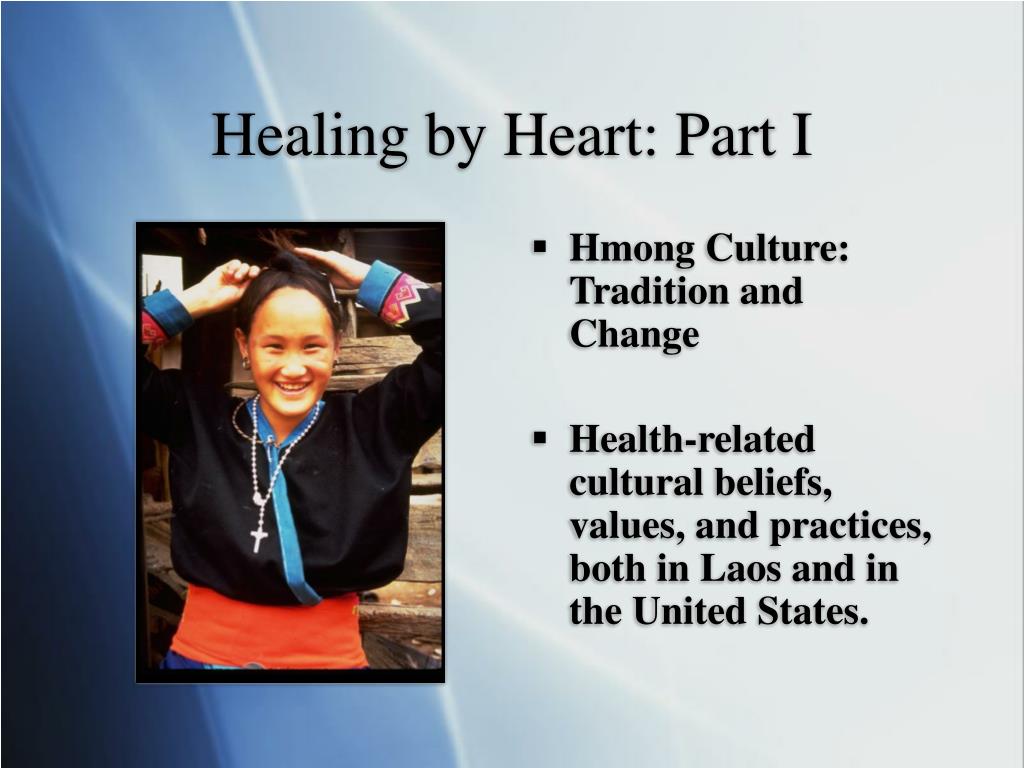
During the COVID-19 crisis, healthcare workers on the front lines encountered unparalleled difficulties. As a cardiologist, I had a particularly enlightening moment while looking after a severely ill patient in the ICU. Surprisingly, in spite of the seriousness of his health issues, he showed an incredible sense of tranquility, saying, “Doctor, I am not afraid. My family prays for me, and I trust God will give me strength.” This remark highlighted the crucial influence that faith, cultural customs, and family support contribute to a patient’s resilience and recovery. While the medical team executed the most effective treatments, it was clear that this comprehensive support was key to his healing journey.
Healthcare usually emphasizes diagnostics and treatment strategies, with a strong focus on tests, imaging, and medications. However, healing goes beyond the simple physical absence of illness, reaching into emotional, spiritual, and social realms. These areas are significantly affected by faith, culture, and family.
**Faith as a Source of Strength**
Faith acts as a foundation of hope and solace, providing a structure to handle illness. Patients who turn to religious or spiritual beliefs frequently report lower anxiety levels and better coping strategies. They tend to show greater adherence to treatment plans. In my experience, many patients credited their endurance through challenging treatments to prayer, meditation, or spiritual practices. While faith does not substitute for medical care, it enhances it by nurturing resilience and sustaining a positive mindset—essential elements of recovery.
**Culture Shapes Perception and Behavior**
Cultural factors influence how patients view illness and treatment options. Eating habits, traditional remedies, and methods for pain management differ substantially among various groups. For example, some South Asian patients might combine natural or herbal supplements with prescribed treatments, while others may prioritize family agreement in healthcare decisions. Recognizing cultural customs and safely incorporating them into care helps to build trust and involvement. Patients tend to be more receptive to medical guidance when it resonates with their cultural context.
**The Power of Family**
Family engagement is crucial to recovery. Emotional backing from family members reduces stress, lessens feelings of depression, and improves compliance with recommended treatments and follow-up care. Immigrant populations, in particular, often regard families as primary decision-makers and caregivers, offering solace during hospital stays. Promoting family presence—whether in person or through virtual means—can alleviate feelings of isolation that worsen both physical and mental health challenges, creating a sense of belonging.
**Challenges and Opportunities**
Incorporating faith, culture, and family into healthcare brings its own unique challenges. At times, cultural beliefs or spiritual practices may clash with evidence-based medicine. Patients may refuse certain treatments for religious reasons or depend solely on traditional remedies. Clinicians must therefore harmonize respect for patient beliefs with the need for reliable, effective care.
Training in cultural awareness is essential for healthcare practitioners. Doctors who comprehend and honor cultural norms, spiritual beliefs, and family dynamics can communicate more effectively, foresee concerns, and steer patients toward informed decisions that align their beliefs with their healthcare requirements. Medical facilities that embrace family involvement, provide chaplaincy services, and advocate culturally respectful practices often see enhanced patient satisfaction, compliance, and recovery results.
**Healing Beyond the Physical**
Genuine healing includes body, mind, and spirit. Faith nurtures hope, culture provides context, and family offers emotional support. Collectively, they foster an environment where patients can actively engage in their own recovery.
Throughout my time as a cardiologist, I have observed recoveries that were accelerated not merely by medical treatments but also through the solid backing of faith, family, and cultural continuity. One patient recovering from a heart attack expressed feeling “whole again” when with his family, allowing him to engage in cultural healing practices alongside medical therapy. This comprehensive approach transformed his recovery experience from one filled with fear and isolation to one characterized by strength and hope.
**A Call to Action**
Doctors need to acknowledge that addressing illness is only part of their role. Embracing and valuing the significance of faith, culture, and family in patients’ lives can greatly improve outcomes, foster trust, and encourage holistic healing. Healthcare providers should work to establish environments that welcome families, honor cultural practices, and provide spiritual care.
Healing encompasses more than just extending life; it is about reinstating dignity, hope, and significance. By respecting the entire individual—body, mind, and spirit—we facilitate patients in achieving deep and lasting recovery.
*Monzur Morshed is a cardiologist. Kaysan Morshed is a medical student.*